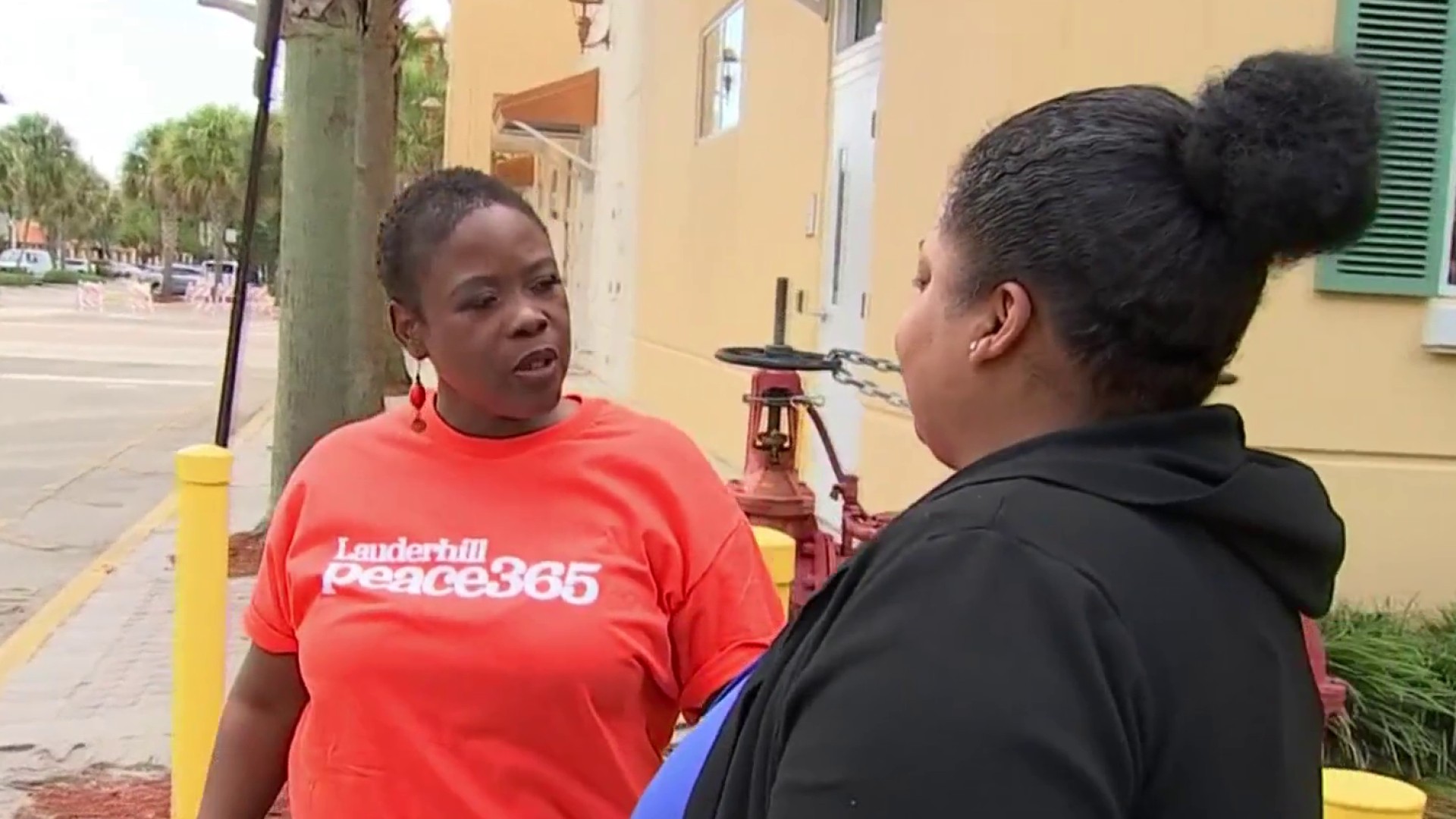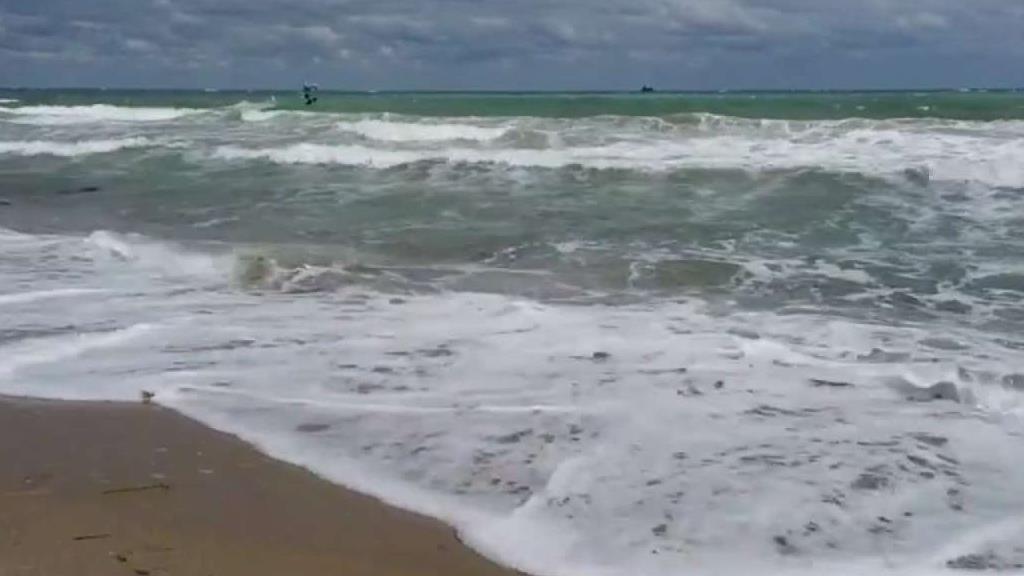What to Know
- State law allows moms to breastfeed - covered or uncovered - in any place, public or private; any place a mom is otherwise allowed to be.
For Mia Fraser, breastfeeding has been a blessing.
"It's a bond like nothing else," says the mom of two. "You're literally sharing part of you with this little person that used to be inside of you."
She knows the benefits: immune support, decreased risk for Sudden Infant Death Syndrome, or SIDS, and much more. But it can be a struggle.
"You sacrifice sleep and time and your body," says Fraser. "It really can start to mess with you when you don't get your good sleep," she says, laughing. She's now breastfeeding her second baby, 21-month-old Moriah.
One key to breastfeeding success: relying on a good cheerleader, says Mount Sinai Lactation Consultant Melanee Leventhal.
"That person - when they're tired and frustrated to be able to say to them, 'keep going, you can do this," Leventhal says, adding moms often stop breastfeeding without good support, or even because they fear they don't have enough milk.
Local
"It's perception," she says. "Breastfeeding is supply and demand. The more they put the baby to the breast, the more they'll produce."
So how do you know if your baby's getting enough? "They don't need all that much," says Leventhal. "One to two teaspoons every two hours for the first 24 hours."
She recommends measuring your baby's output: six to eight wet diapers in a day once the milk comes in.
"If your baby is screaming... and sticking his tongue out, put your baby back on the breast, the baby is hungry," she says. "Look at your baby, the temperament of your baby."
She also points out your pediatrician will monitor your baby's weight.
With her first baby, Fraser remembers latching problems, but a lactation consultant helped her figure that out. For round two, she decided to speak with an expert sooner.
"I knew when to ask questions, how to recognize problems early," Fraser said, adding she is also much more comfortable breastfeeding in public this time. "I think I feel stronger, and found my voice about it," she says.
State law allows moms to breastfeed - covered or uncovered - in any place, public or private; any place a mom is otherwise allowed to be. Fraser has also learned to handle uncomfortable questions from strangers, who wonder how long she will breastfeed.
"I'd say until me and my baby decide it's no longer right for us."
For more info, click on the links for Mount Sinai Medical Center, Memorial Health Systems, Baptist Health South Florida and Kendall Regional Medical Center.



